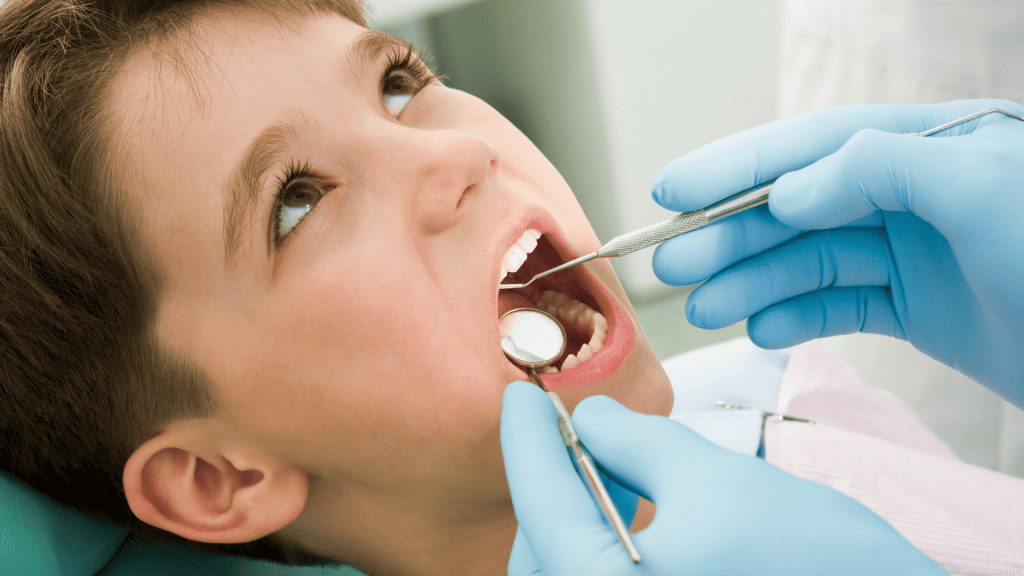There’s a good chance that most of us have been guilty of grinding our teeth at some point, whether we know it or not. What causes us to grind our teeth? What are the negative impacts of it?
Teeth grinding, officially known as bruxism, is often assumed to be most closely linked to stress or anxiety. You may also do it in your sleep and not even realize it. While those are all common causes, the leading cause more often than not is an abnormal bite or crooked/missing teeth. Studies have also shown that those who consume alcohol and tobacco are roughly twice as likely to grind their teeth!
It can be difficult to determine on your own whether or not you grind your teeth, especially if it’s occurring while you sleep. Some of the most tell-tale symptoms are as follows:
- Dull headaches
- Sore jaw
- Fractured/painful teeth
To be absolutely sure, ask your dentist if you believe you may be suffering from bruxism. Their expertise will allow them to examine your jaw and teeth to spot any of the key identifiers.
With all this being said, it’s important to understand why teeth grinding is considered harmful. Bruxism over long periods of time can lead to loosening, fracturing, or even losing teeth. Depending upon the severity, this can lead to anything from a crown to a root canal. Your jaw can also suffer long-term complications such as worsening your TMJ or altering the shape of your face.
In order to stop grinding your teeth, your dentist can outfit you with a mouthguard to be worn while you sleep. If your bruxism is stemming from stress, consulting with your doctor or dentist to find ways to relieve that stress such as an exercise program will be the most effective treatment.
Bruxism can also occur in children, due to factors such as irritation in the mouth, allergies, or misaligned teeth. If you have any concerns about your children suffering from bruxism, ask their dentist.
From MyDDSOffice.com – keep smiling!

